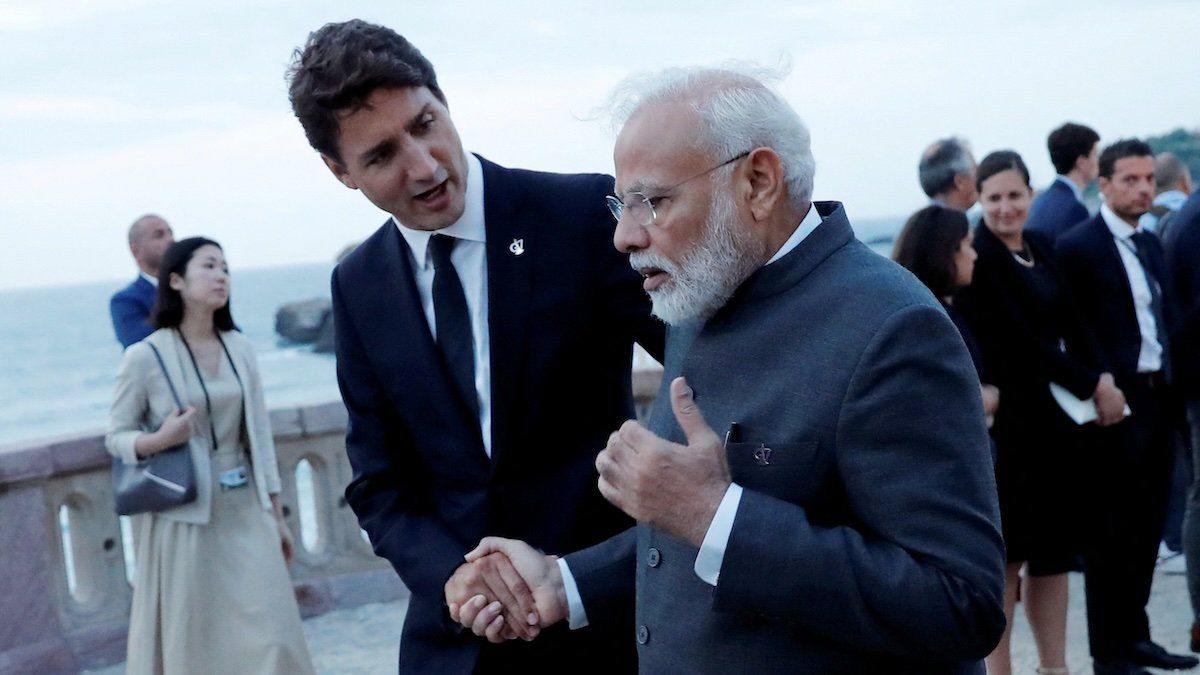The US and Canada press India on government-sanctioned murder allegations
The United States says it won’t be satisfied until there is “meaningful accountability” from an investigation into an alleged assassination attempt against US-Canadian Sikh activistGurpatwant Singh Pannun on American soil.
The US alleges that an Indian intelligence official was involved in the plot to murder the Sikh separatist, an allegation that follows the killing of Hardeep Singh Nijjar, also a Sikh activist, in Canada last year. The Trudeau government says there are “credible allegations” that the Modi government was involved in Nijjar’s slaying and in a campaign of harassment and intimidation against other Sikhs in Canada.
Canada expelled the Indian high commissioner and six other diplomats from the country in mid-October over the allegations; India did the same, expelling half a dozen Canadian diplomats. The US hasn’t followed suit.
Relations between India and Canada are, to say the least, strained, which raises questions of not just whether there will be justice for victims, but what the future holds for immigration and trade relations between the two countries.
US-India relations seem more stable, at least in the long term, setting up the question of how far the US is willing to go to support one of its top allies, Canada, as its diplomatic row with India deepens. Trade between India and the US was worth just under $200 billion in 2022, compared to just $8 billion between India and Canada.
